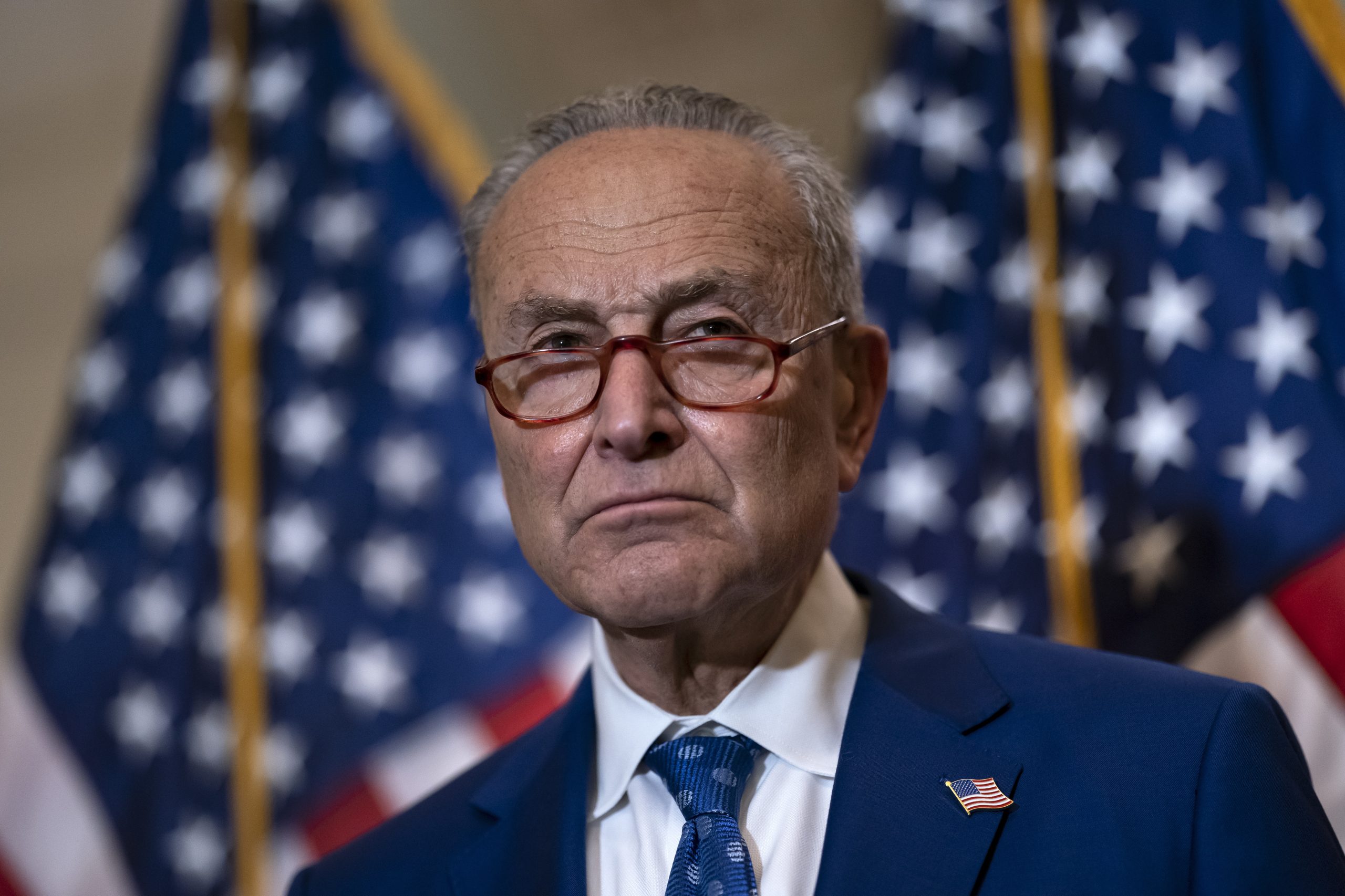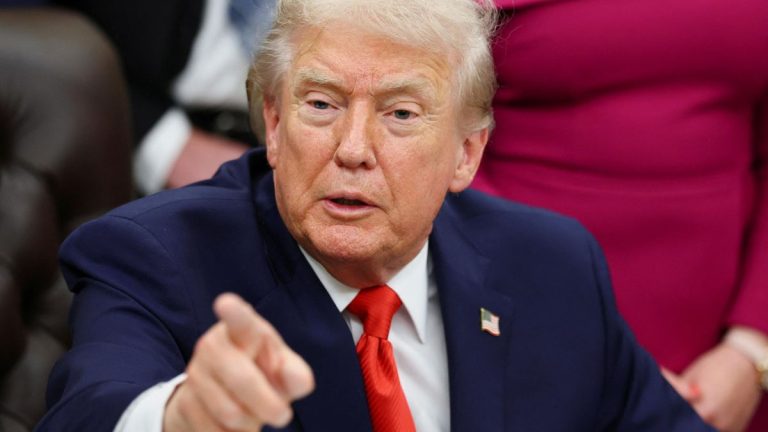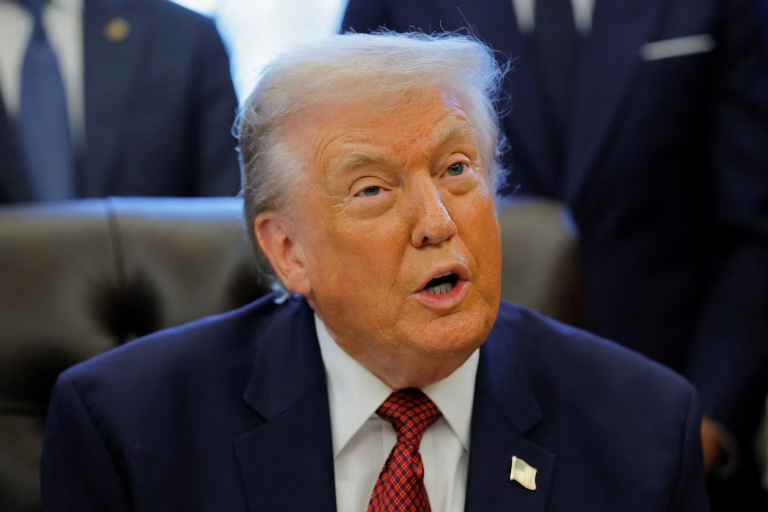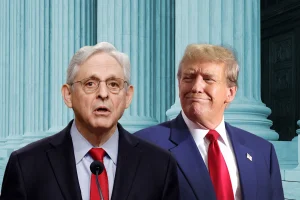The U.S. federal government shutdown, which began on October 1, 2025, has now stretched into its fourth full week, with no immediate resolution in sight. What started as a failure to pass annual appropriations has escalated into a high-stakes standoff between lawmakers, affecting federal operations, straining economic activity, and creating political tensions across party lines.
A Shutdown in Its Fourth Week
With the shutdown entering its 28th day, it has become one of the longest in recent U.S. history. Federal agencies have had to scale back or suspend operations entirely, delaying critical functions and services. Economic data releases from agencies such as the Bureau of Labor Statistics and the Census Bureau have been postponed, complicating economic planning and forecasting. Estimates suggest that the shutdown is costing the economy billions of dollars per week, with significant ripple effects across multiple sectors.
The human impact is substantial. Hundreds of thousands of federal employees have been furloughed or required to work without pay. Assistance programs, including food aid, face shortfalls, putting millions of vulnerable Americans at risk. Citizens reliant on government services such as visa processing, tax filing, and healthcare benefits are experiencing delays, creating tangible hardships for households and businesses alike.
Legislative Deadlock
Repeated attempts to pass stopgap funding measures, commonly known as continuing resolutions, have failed. In the Senate, GOP-sponsored proposals to reopen the government were rejected multiple times, highlighting the deep partisan divide that has stalled progress. Both parties have leveraged the shutdown to advance political priorities, leading to a prolonged impasse.
In a notable development, several Democratic senators broke from party lines to support Republican proposals intended to end the shutdown. Senators Catherine Cortez Masto, John Fetterman, and Angus King voted in favor of a GOP measure, demonstrating the internal divisions within the Democratic caucus. However, these defections were not sufficient to achieve the votes needed to pass funding legislation, leaving the shutdown unresolved.
Democrats as a whole have resisted voting for the GOP resolution, arguing that it does not address key policy priorities, such as health care provisions and social safety net extensions. Some lawmakers within the party have insisted that any temporary funding bill should be accompanied by protections for programs they deem essential, complicating bipartisan negotiations.
Public Opinion and Polling Trends
One surprising development during this standoff is the apparent shift in public sentiment that, in some analyses, seems to favor Republicans. According to public commentary from analysts tracking political polling, the Republican Party has experienced a modest increase in approval ratings during the shutdown period. These trends, though not universal across all surveys, suggest that the public’s response to government shutdowns may not always align with expectations that the party perceived as obstructing government operations will bear the brunt of voter dissatisfaction.
Polling results indicate that approval gains are concentrated primarily among Republican voters, but some independent voters also appear more favorable toward the GOP stance than anticipated. Conversely, other surveys suggest that Democrats are still seen as responsible for delays in government operations by a significant portion of the electorate, creating a mixed and sometimes contradictory picture of public opinion.
Economic and Human Consequences
The shutdown has tangible effects on both the economy and citizens’ daily lives. The suspension of federal services creates uncertainty for businesses relying on government contracts or regulatory approvals. Tourism and transportation projects that require federal oversight or funding are delayed, while grants and subsidies for state and local programs are temporarily frozen.
Federal employees face delayed paychecks, creating financial stress for many households. Families dependent on programs such as food assistance face immediate hardship, with millions at risk of losing benefits in the near term. The shutdown also disproportionately affects low-income households, small business owners, and those relying on public services for essential needs.
Economists warn that prolonged disruptions could slow economic growth, increase borrowing costs, and contribute to long-term uncertainty in financial markets. The cost of halted government operations is estimated in the billions, with no clear timeline for recovery, highlighting the economic stakes beyond the political negotiations in Congress.
Political Calculations
The shutdown has heightened political maneuvering on both sides of the aisle. Republicans appear to be consolidating their position by emphasizing fiscal discipline and portraying the Democratic leadership as resistant to compromise. The defection of several Democratic senators to support Republican proposals underscores internal divisions and the potential for political fallout within the Democratic caucus.
For Democrats, the risk of alienating voters frustrated by government inaction is significant. While some Democratic lawmakers insist on tying funding legislation to broader policy priorities, the public perception of obstructionism may weigh heavily in upcoming elections. Internal party disagreements, coupled with the political visibility of high-profile figures, have made consensus more difficult to achieve.
Analysts note that government shutdowns, once rare, have become increasingly strategic tools for political leverage. However, the consequences extend beyond political advantage, affecting public services, economic stability, and voter confidence. Lawmakers must weigh short-term policy goals against the long-term impacts on institutions and constituents.
Institutional Implications
The shutdown also raises broader questions about the functioning of congressional processes. The inability to pass routine appropriations and continuing resolutions on time reflects persistent challenges in governance and partisanship. Lawmakers, regardless of party, are under pressure to find mechanisms that ensure the continuity of essential government functions without allowing political stalemates to paralyze operations.
Observers caution that repeated shutdowns can erode public trust in institutions, diminish the effectiveness of federal programs, and create uncertainty that affects both domestic and international confidence in U.S. governance. Maintaining a balance between political negotiation and institutional responsibility is a critical challenge for Congress as the shutdown continues.
Looking Ahead
The U.S. government shutdown in October 2025 illustrates the complex interplay between legislative gridlock, political strategy, and public accountability. While certain polling suggests potential gains for Republicans, other data indicate that the electorate is divided, with many Americans frustrated by delays in government services and economic disruption.
The standoff has placed federal employees, citizens reliant on public programs, and the broader economy under significant strain. With repeated votes failing to pass funding measures, bipartisan compromise remains elusive, leaving millions of Americans affected by suspended services and delayed benefits.
For policymakers, the challenge is clear: balancing the pursuit of political objectives with the imperative to ensure continuity of government operations. The shutdown serves as a stark reminder of the tangible human and economic costs associated with legislative impasses. As the weeks continue, the consequences will be felt not only in the halls of Congress but in the daily lives of millions of Americans across the nation.

Emily Johnson is a critically acclaimed essayist and novelist known for her thought-provoking works centered on feminism, women’s rights, and modern relationships. Born and raised in Portland, Oregon, Emily grew up with a deep love of books, often spending her afternoons at her local library. She went on to study literature and gender studies at UCLA, where she became deeply involved in activism and began publishing essays in campus journals. Her debut essay collection, Voices Unbound, struck a chord with readers nationwide for its fearless exploration of gender dynamics, identity, and the challenges faced by women in contemporary society. Emily later transitioned into fiction, writing novels that balance compelling storytelling with social commentary. Her protagonists are often strong, multidimensional women navigating love, ambition, and the struggles of everyday life, making her a favorite among readers who crave authentic, relatable narratives. Critics praise her ability to merge personal intimacy with universal themes. Off the page, Emily is an advocate for women in publishing, leading workshops that encourage young female writers to embrace their voices. She lives in Seattle with her partner and two rescue cats, where she continues to write, teach, and inspire a new generation of storytellers.








